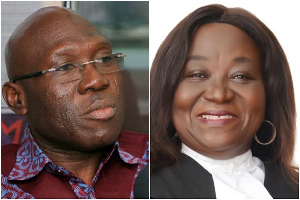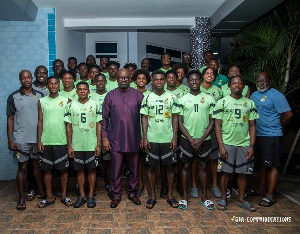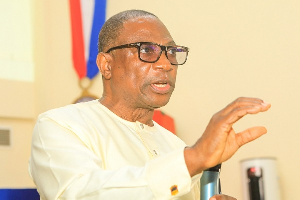Telecom operators, notably TIGO, MTN and Vodafone have devised measures to prevent consumers from purchasing their products at cheaper prices though their major dealers are willing to sell below dictated or regulated prices. There are indications that dealers are punished anytime they sell below certain prices that could favour consumers though this does not affect the operators’ revenues in any way.
These sanctions can be as severe as a total loss of the dealership rights. The operators have become bullies suppressing the dealers to the detriment of the consumer.
Operators, though mindful of the fact that they are trading in a deregulated market which is associated with competition in terms of quality of service and pricing, deliberately manipulate the market system whereby they virtually control dealers in terms of pricing and territorial designations. This is contrary to deregulation within the industry which has enabled some of them to double their growth. These actions are tantamount to price fixing. Under the prevailing circumstances, Ghanaians are deprived of benefits fully associated with deregulation which includes price reductions for services and products.
According to Michael Lartey, Marketing Officer in charge of Dealers at TIGO, this price regulation mechanism of the operators is aimed at controlling the flow of products and preventing distortions in the sales channel. He stated that final consumers hardly benefit from dealer price reductions because retailers sell the products at operator specified prices even if they purchase from dealers at reduced rates. A quick research on this assertion reveled that this is, in fact, false. In the past when dealers have brazenly defied the operators’ rules on price manipulation, retail prices have fallen drastically in Kumasi and other markets remote from Accra.
Regulator of the industry, National Communications Authority (NCA) seems to be oblivious of this occurrence. These actions could never take place in the country of origin of these operators because price fixing is criminal. A check on existing laws pertaining to these practices revealed that Ghana does not have specific anti-competition laws. However, since these laws exist in the UK, the operators’ actions may be illegal by extension of English common law. The operators are taking undue advantage of the deregulated market in this country, enforcing their own regulations for their parochial interests and depriving Ghanaians of probable lower prices on airtime.
Writer: Justice Opoku
Opinions of Monday, 27 April 2009
Columnist: Opoku, Justice














